Death, the great unknown, is often shrouded in mystery and misconception. From what happens to our souls to the sensation of dying, everyone seems to have a theory. Here are 18 untruths about death that we’ve all been led to believe.
Hair & Nails Grow
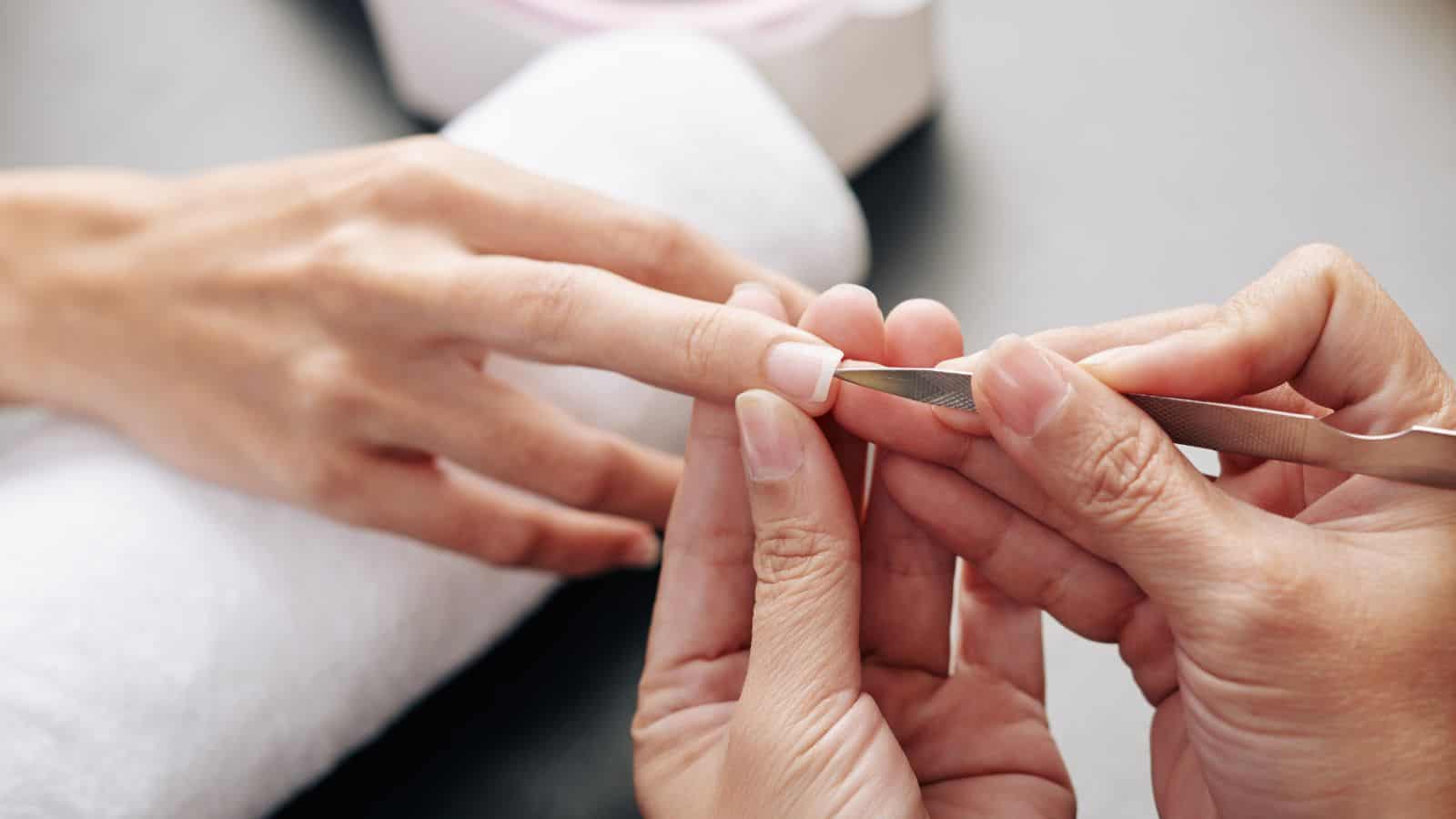
When we pass, our body, as with any carcass, will begin to decompose and dehydrate. Our nails and hair will not change as rapidly, and this contrast leads people to believe that the hair and nails will continue to grow. UAMS Health says, “This change in the body creates the optical illusion of growth people observe.”
Immediate Decomposition
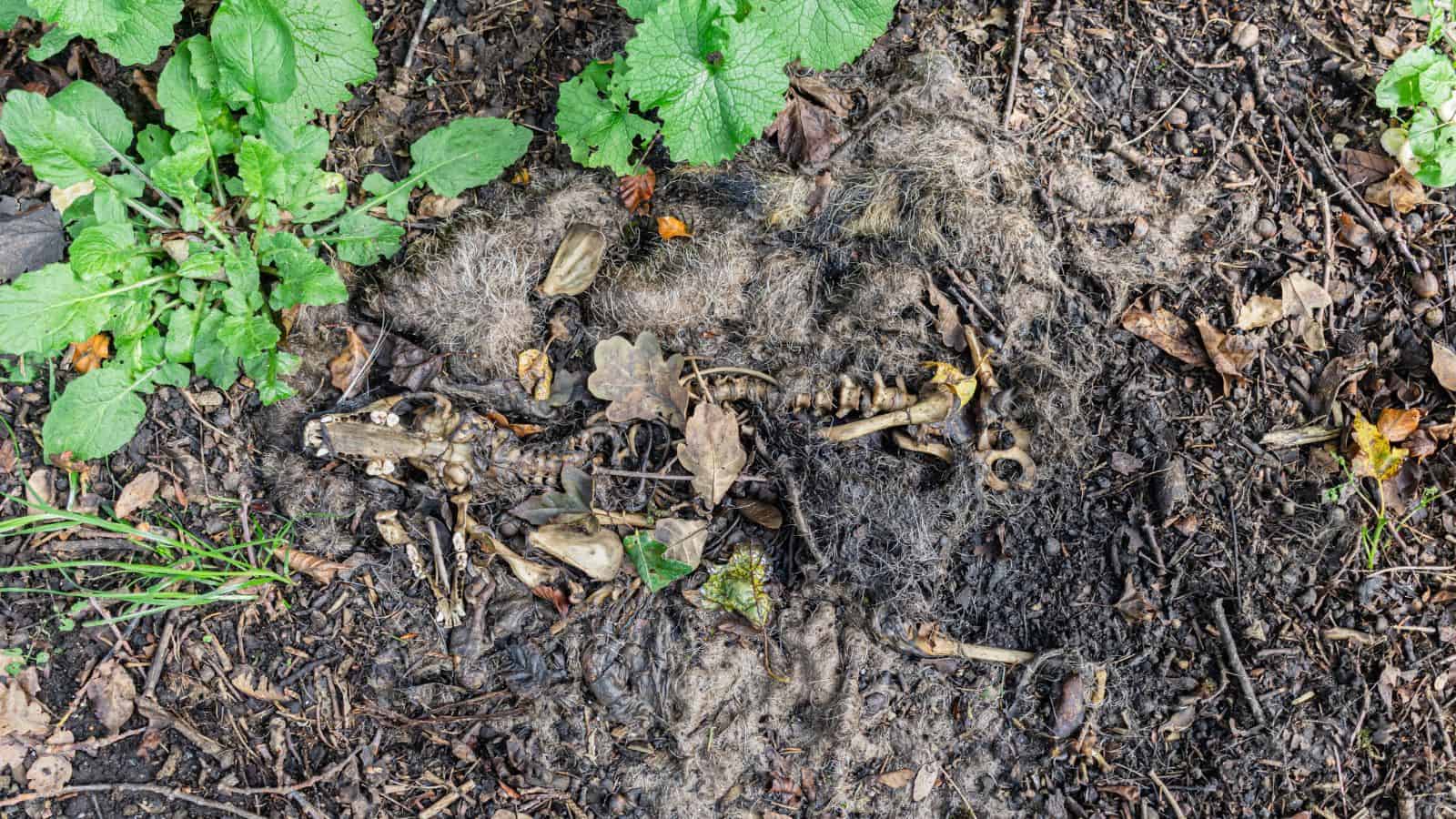
Contrary to popular belief, decomposition doesn’t commence immediately upon death. While the cessation of biological functions marks the onset of this natural process, visible signs of decomposition typically manifest after a certain period. This delay can vary depending on environmental conditions, the cause of death, and individual factors.
Increased Body Temperature
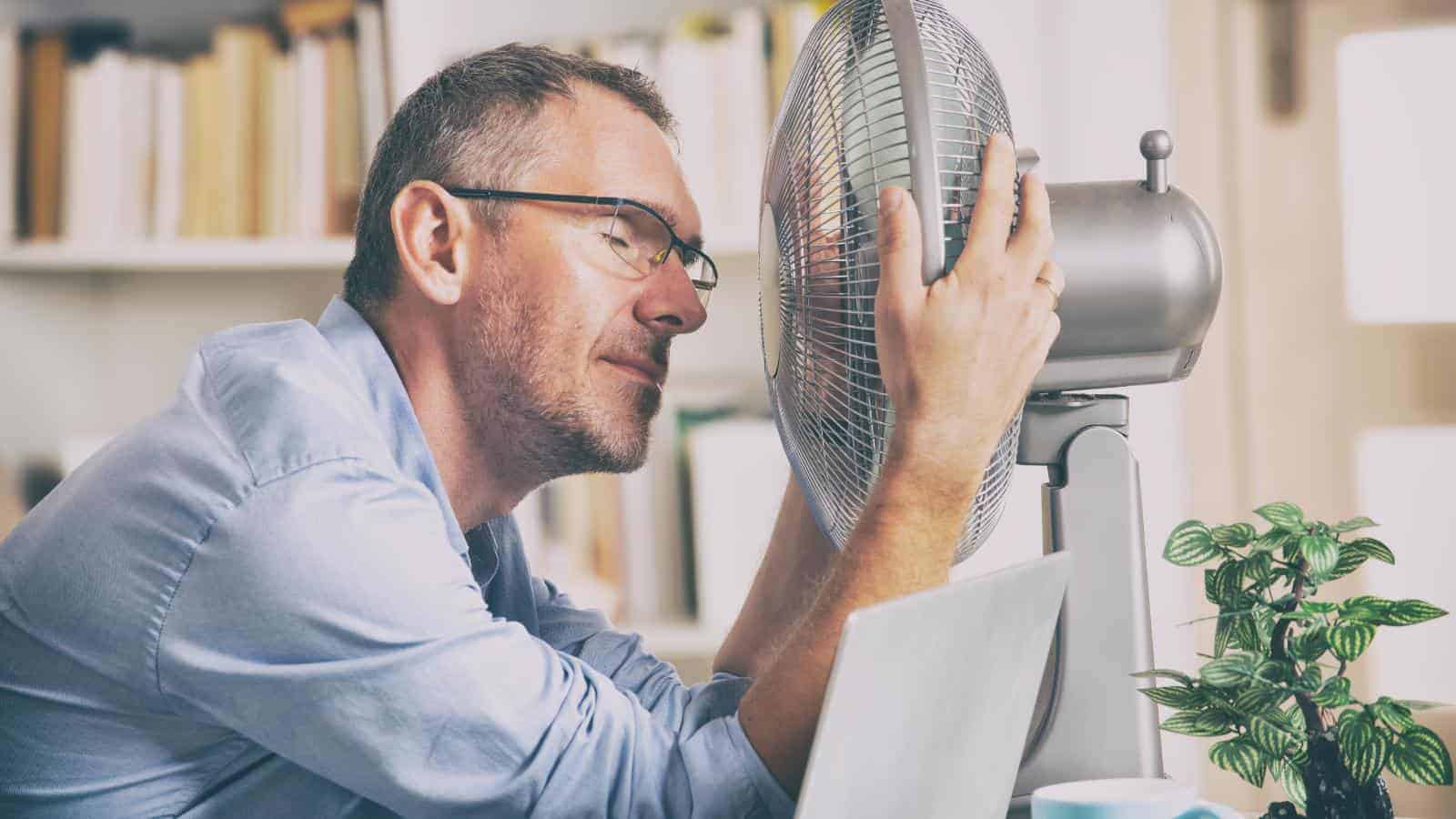
Some believe that the body heats up after death, when in reality, it is quite the opposite. When the heart stops pumping, our internal thermostat goes kaput, and we start cooling down to match the room temperature.
Light at the End of the Tunnel
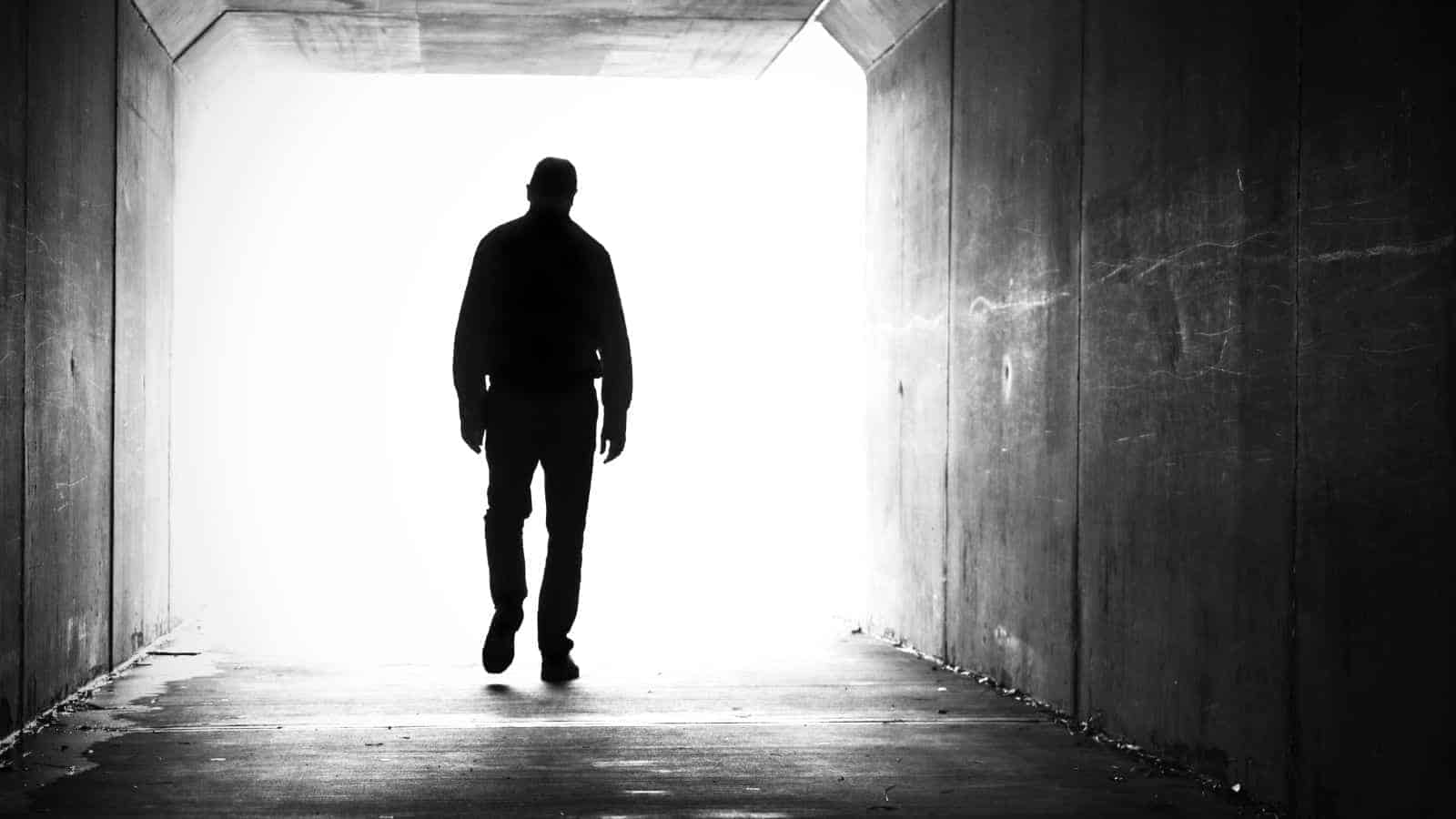
It’s a common story people tell after near-death experiences, but science indicates that there could be an ulterior explanation for it. The Independent states scientists “attribute people’s experiences to physiological processes and now believe they result from unusual brain activity caused by reduced blood flow to the brain.”
Cause of Drowning

Most are under the impression that the cause of drowning is having our lungs filled with water, but the real culprit is a lack of oxygen. It’s like suffocating, but underwater. “Underwater, people are not taking in oxygen, and cerebral hypoxia causes both morbidity and death,” explains the Cleveland Clinic Journal of Medicine.
All Bodily Functions Finish

Not all bodily functions cease immediately upon death. While vital functions like respiration and heartbeat stop, certain cellular and organ activities may persist for hours or even days. This gradual shutdown is a complex process with varying timelines for different bodily systems.
Bodies Floating

The notion that all dead bodies immediately float is inaccurate. Initially, most bodies sink due to the absence of air in the lungs, which increases their density compared to water. However, as decomposition progresses, gases accumulate within the body, causing it to become buoyant and eventually resurface.
Brain Shuts Down
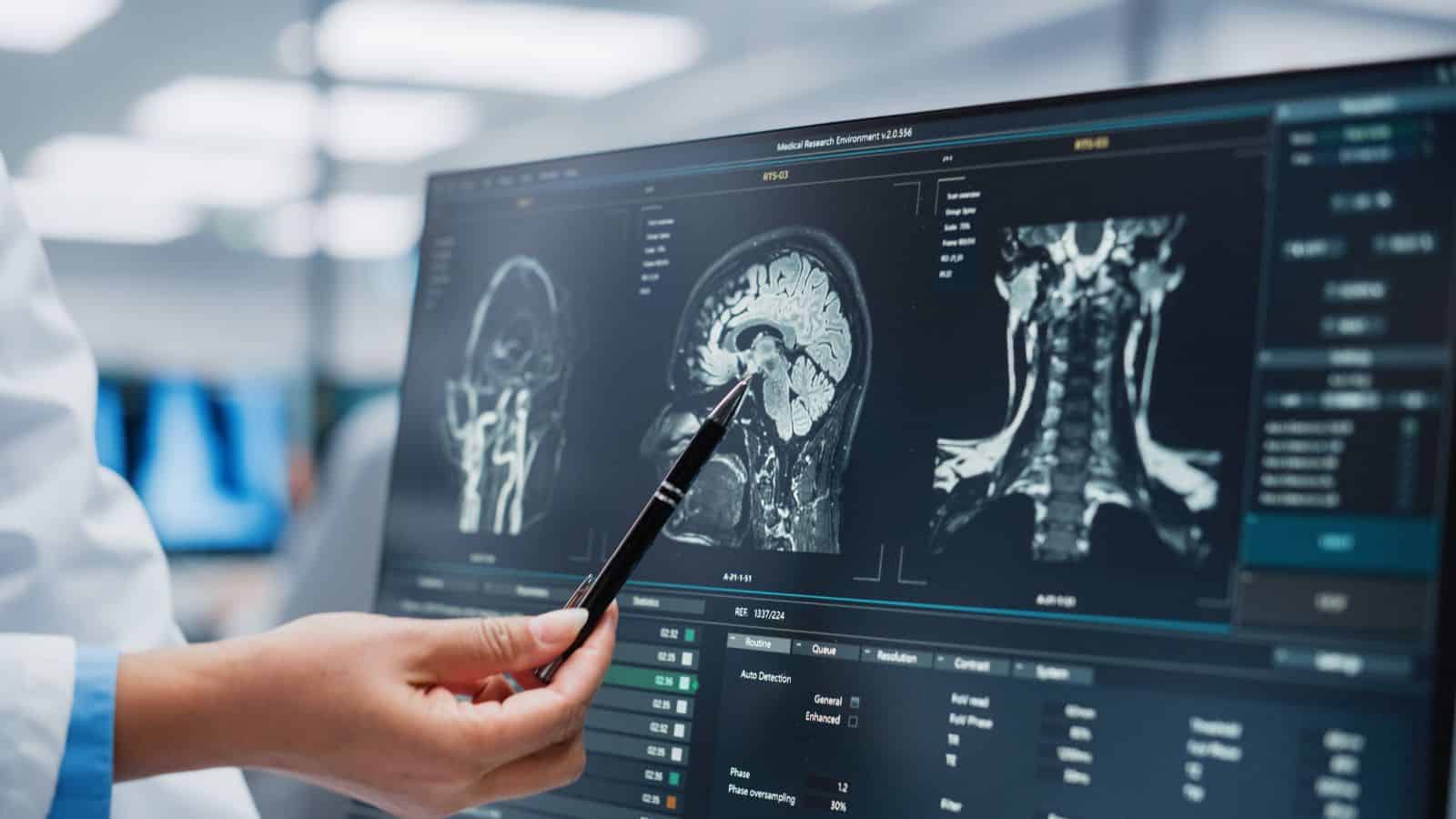
Some people believe that the brain ceases to work when we die. But studies have shown that brain activity can continue for several minutes after the heart stops and, in some cases, can even reach heightened activity levels. Medical News Today maintains a “study finds evidence of increased brain activity in people right before they die.”
Organ Donation
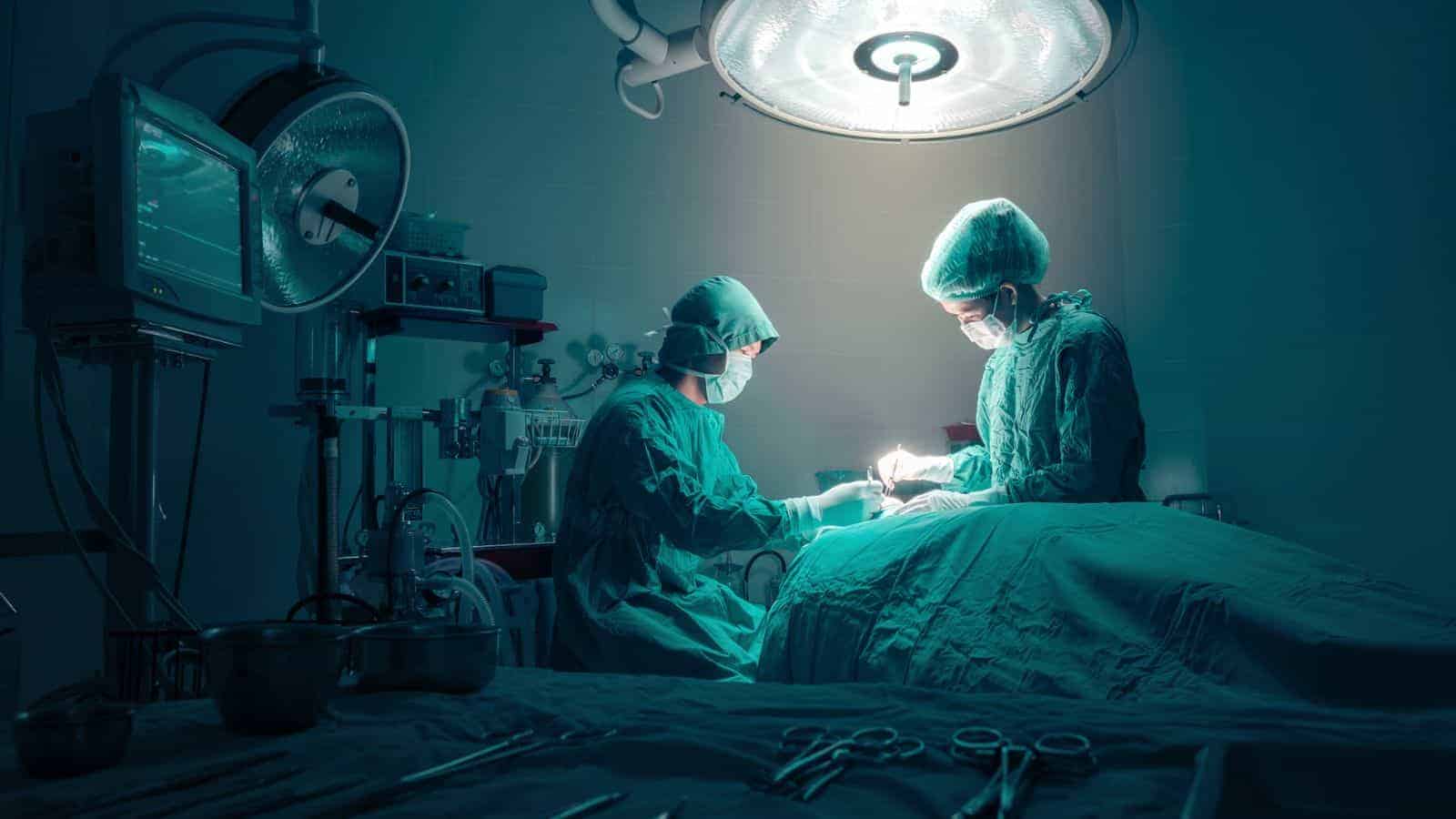
The misconception that organ donation disfigures the body is unfounded. Organ procurement procedures are conducted with the utmost respect and care, prioritizing the preservation of the donor’s dignity. Surgical techniques are used to minimize scarring, and organ donors are often still able to have open-casket funerals, providing closure to grieving families.
Hanging Suicide Is Common
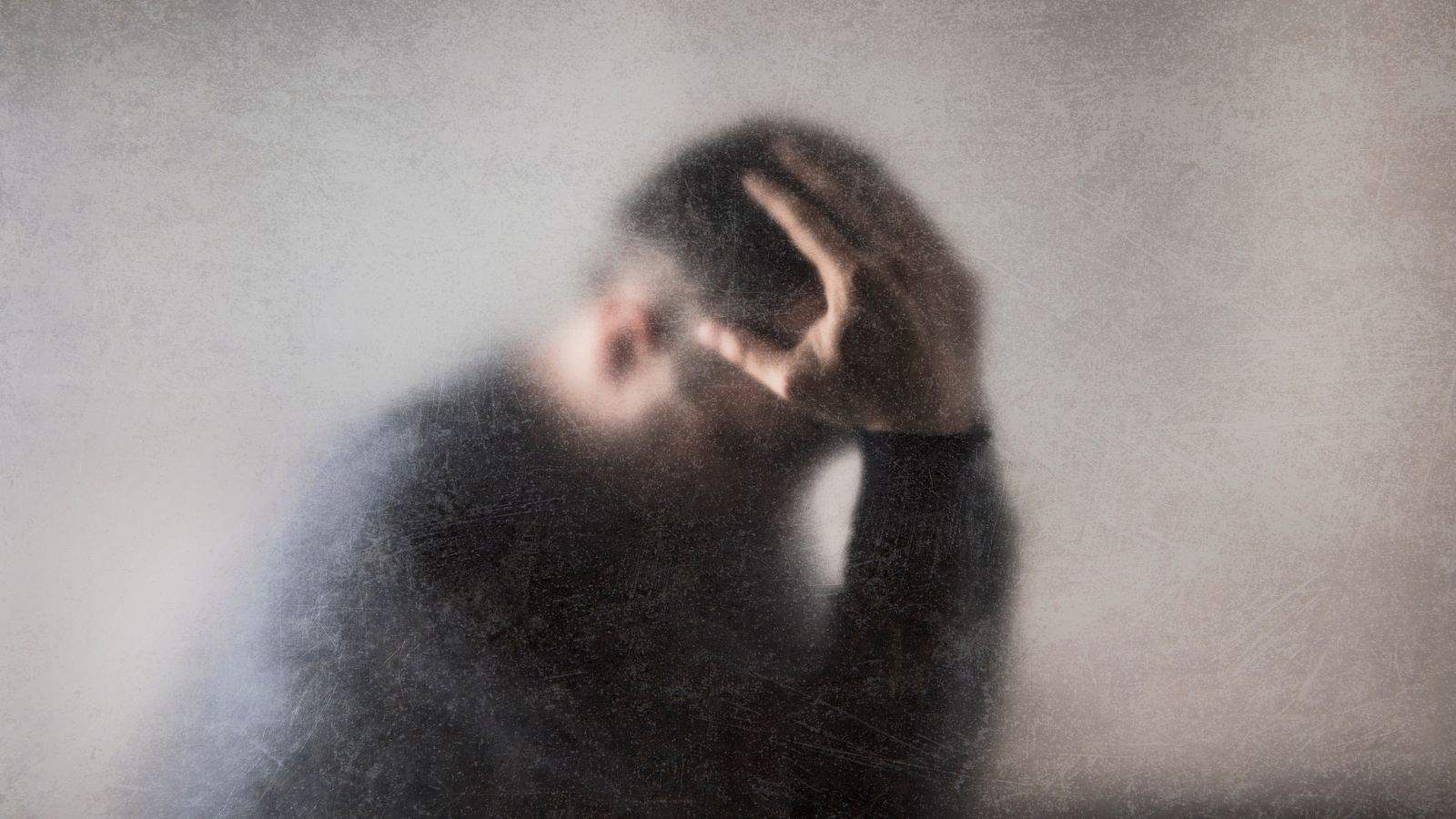
Many people assume that hanging is not the most common method of suicide, but data indicates that firearms surpass hanging as the leading cause of suicide deaths worldwide. Frontiers said a study showed that “in all age groups, 55% of men and 30% of women used firearms.”
Cremation Is Toxic

While cremation does release some pollutants into the atmosphere, modern crematoriums are equipped with filters to minimize emissions, and the overall environmental impact is considered less significant compared to traditional burials. Additionally, cremated remains themselves are not toxic, consisting primarily of non-hazardous minerals.
Rigor Mortis Permanent
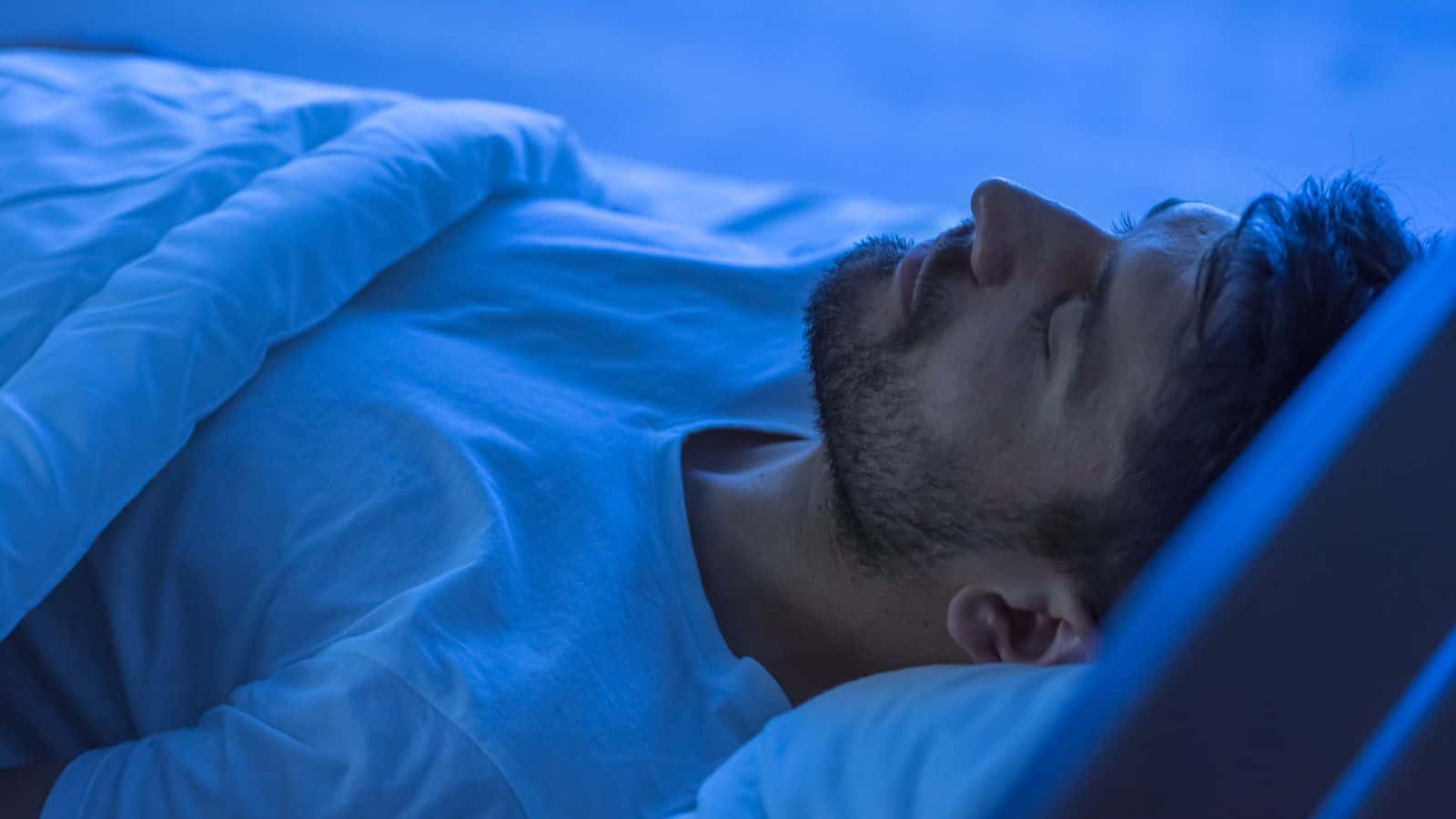
The stiffening of muscles after death is not a permanent condition. It is a temporary physiological process that typically begins a few hours after death and peaks around 12 hours. The stiffness is caused by a chemical change in the muscles, but as the body further decomposes, this effect gradually diminishes.
Red Blood
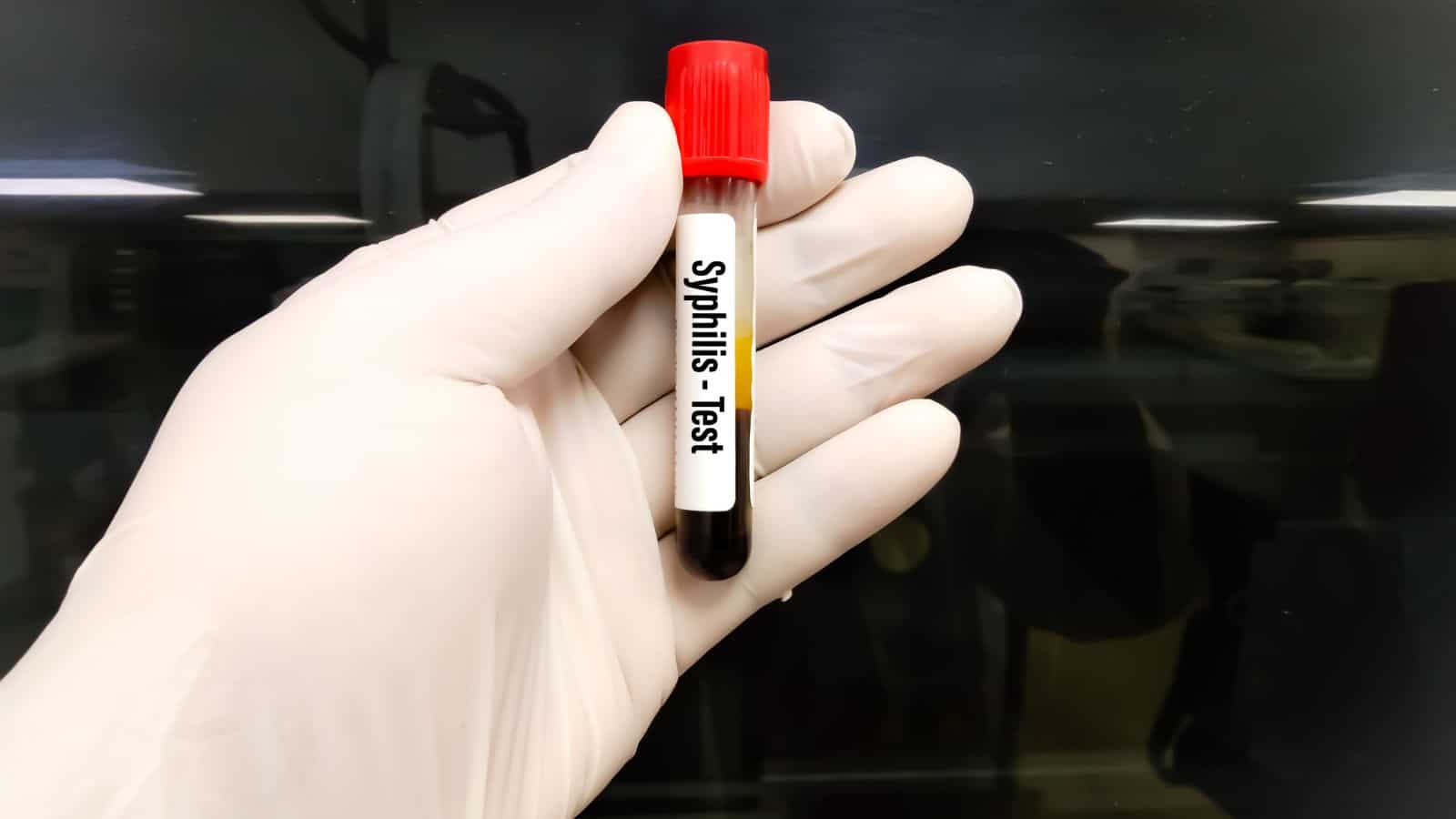
While living blood is typically red due to oxygen-rich hemoglobin, the misconception that blood remains this color after death is inaccurate. Postmortem, blood undergoes various changes, including settling due to gravity and the breakdown of hemoglobin. This can result in a bluish-purple discoloration or even a greenish hue as decomposition progresses.
Coffins Prevent Decomposing
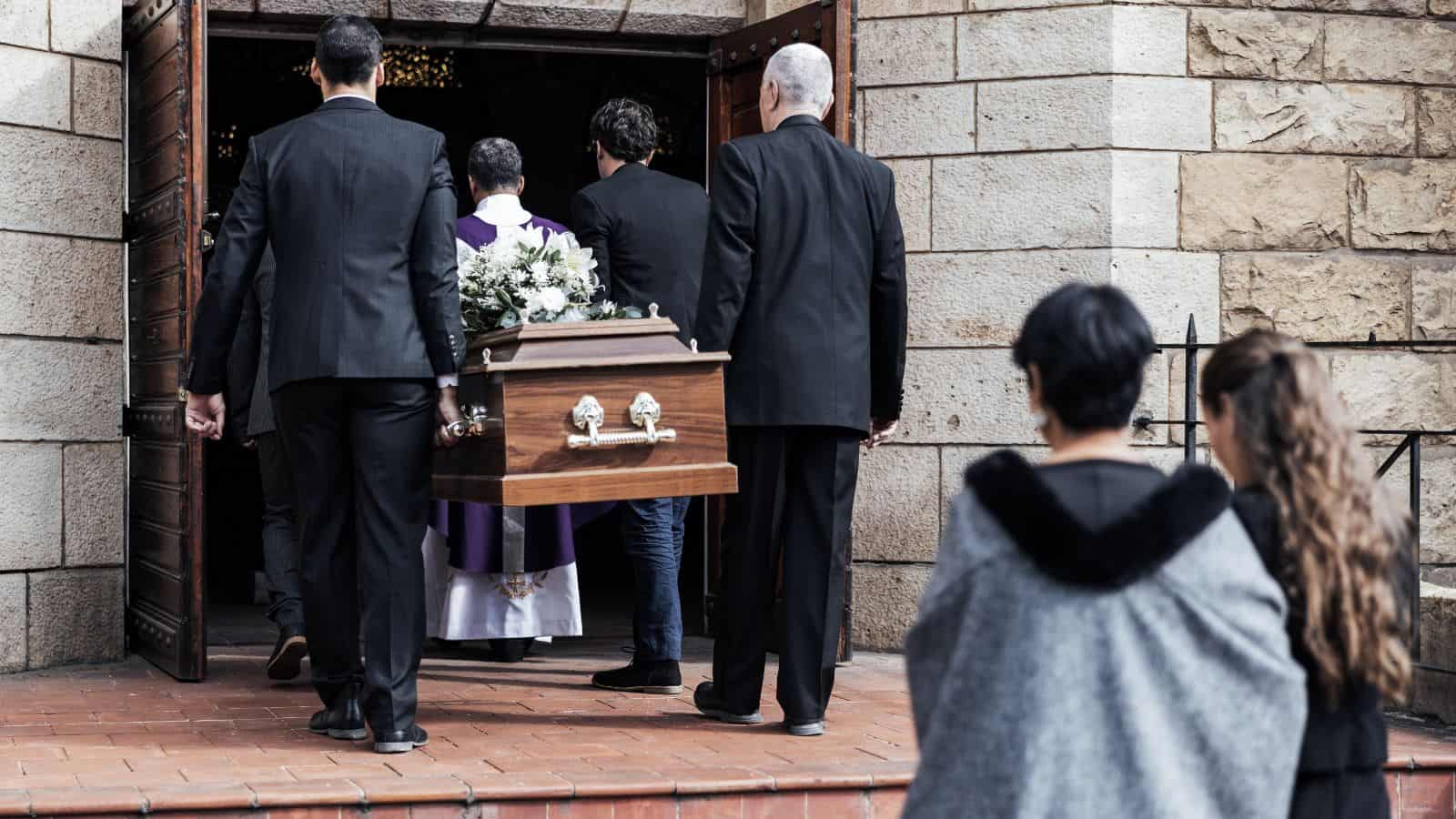
Coffins can delay the process by providing a barrier against insects and scavengers, but they do not halt the natural breakdown of the body. Decomposition is a biological process influenced by various factors, including temperature, humidity, and the presence of microorganisms. Even within a sealed coffin, the body will eventually decompose, albeit at a slower rate.
Heaven or Hell
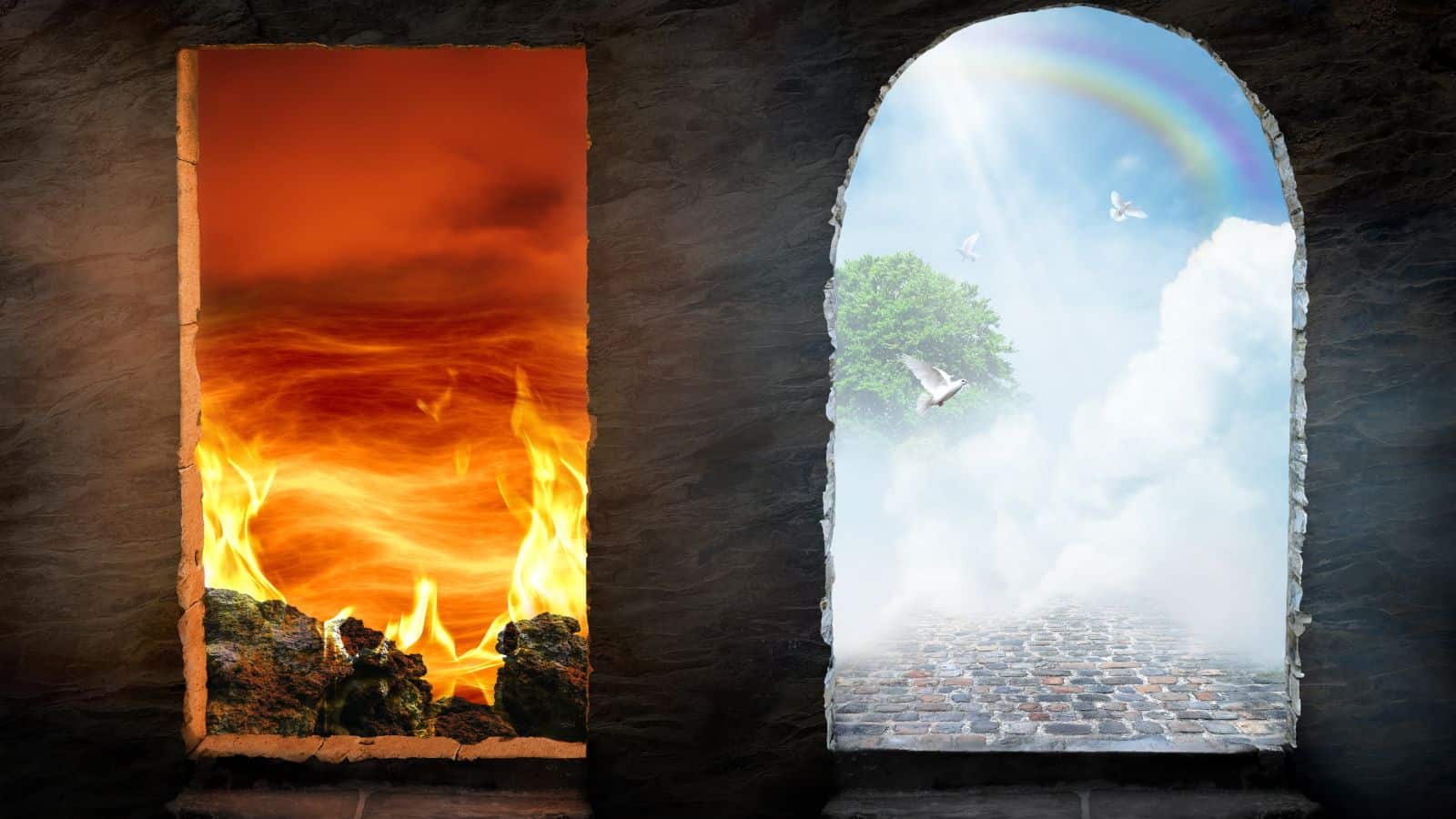
While we’re not saying the belief in heaven or hell is a lie, it is subject to religious beliefs and personal interpretation. Even though there is no scientific evidence to support these ideas, it is still the majority belief. Pew Research Center says, “Nearly three-quarters of U.S. adults say they believe in heaven.”
Cremation Destroys Evidence

The intense heat of cremation does break down organic matter and DNA, but some forms of evidence can survive. For instance, dental fillings, surgical implants, and certain bone fragments may remain intact and can be used for identification or analysis. Additionally, forensic investigators can analyze cremated remains for traces of toxins or accelerants.
Grieving Period

Grief doesn’t follow a linear timeline with a definitive endpoint. Grief can be cyclical, with waves of intensity and periods of respite. It can also manifest differently for each person, with no set duration. Therefore, assuming a standard grieving period can invalidate individual experiences and create unrealistic expectations.
Death During Sleep
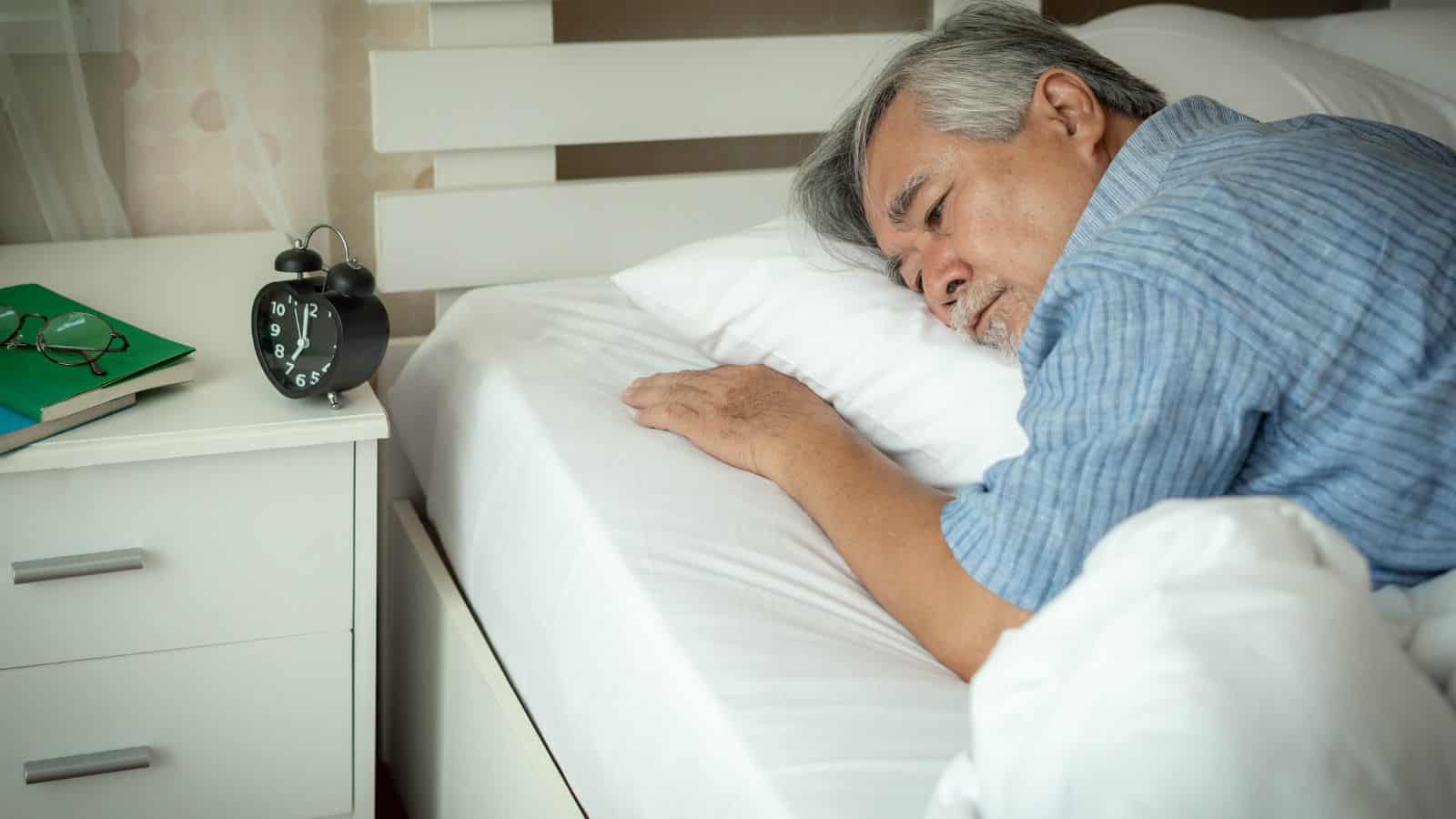
The common belief that individuals who die in their sleep experience no pain is not universally true. While many deaths during sleep are peaceful, the experience can vary depending on the underlying cause. Some conditions, like sudden cardiac arrest or aortic dissection, may cause significant pain that could wake anyone up.
Up Next: 20 Seriously Stunning Natural Wonders Across America

Geological wonders, diverse ecosystems, and impressive waterfalls—the U.S. is home to a huge range of breathtaking landscapes and natural wonders across its many national parks and attractions. Head to these 20 locations for true natural beauty and never-ending adventure opportunities.
20 Seriously Stunning Natural Wonders Across America
17 Places That Undercover Cops Will Always Monitor

While it isn’t always obvious, undercover cops play a crucial role in maintaining public safety. They blend into the background in various locations, carefully observing and acting to prevent crime. In this article, we’ll reveal 17 places where you’re likely to find undercover cops—though you can bet you won’t see them!
17 Places That Undercover Cops Will Always Monitor
17 Things You’re Just Too Old To Be Doing Anymore

The older you get, the more fragile you are physically and mentally, so it’s important to prioritize your well-being every day. Whether you still feel young at 50 or are closer to 80, we’ve compiled 17 things you’re too old to be doing anymore.
